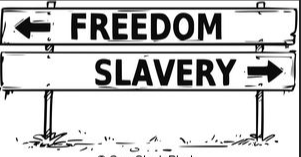 There is mysterious phenomena at play when workers transform from a Capitalist system to a Communist system. This is evidenced in the latter by a lack of productivity and loss of natural incentive. Can this be solely the workers’ lack of ownership in the process, or might there be something additional at play?
There is mysterious phenomena at play when workers transform from a Capitalist system to a Communist system. This is evidenced in the latter by a lack of productivity and loss of natural incentive. Can this be solely the workers’ lack of ownership in the process, or might there be something additional at play?
To answer this one may look at human psychology, specifically human relationships. When one toils for one’s self or family, natural altruism is a factor. However, it could be argued that there is also a certain sense of altruism toward one’s community. But that idea does not translate fully between the scenarios.
For example, a “breadwinner” may be self-compelled to work sixteen hour days under grueling conditions but will not willingly do so under force from others. That is a given, but it still does not explain the basic scientific reason.
For this one may turn to physiology and measure the hormones released through repeated positive human connectedness. This connectedness is driven by mysterious phenomena, which humans call love, and the release of serotonin from bonding, through reciprocal acts of appreciation, within close knit familial units. With this reasoning and context, it may be scientifically rationalized that labour under the Communist system is driven by fear and force, while labour under the Capitalist system is driven by love and reward.
